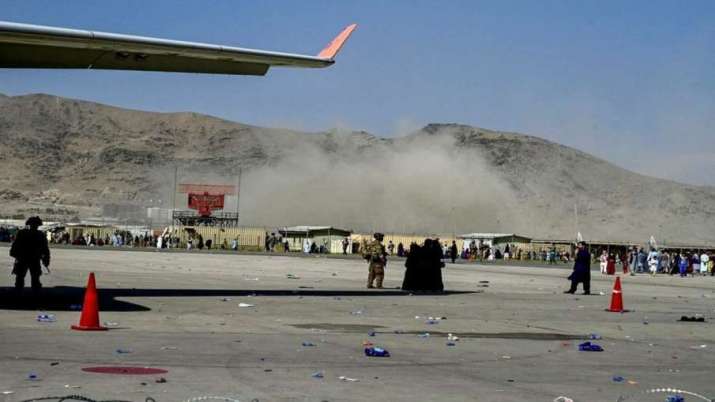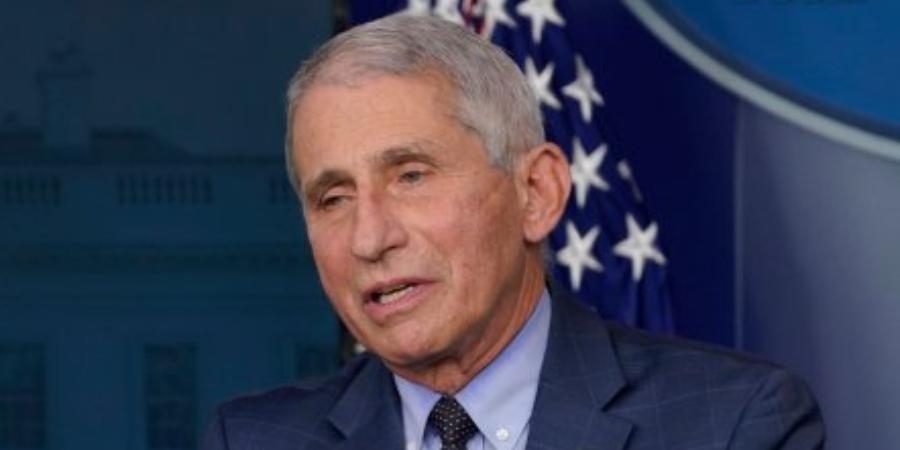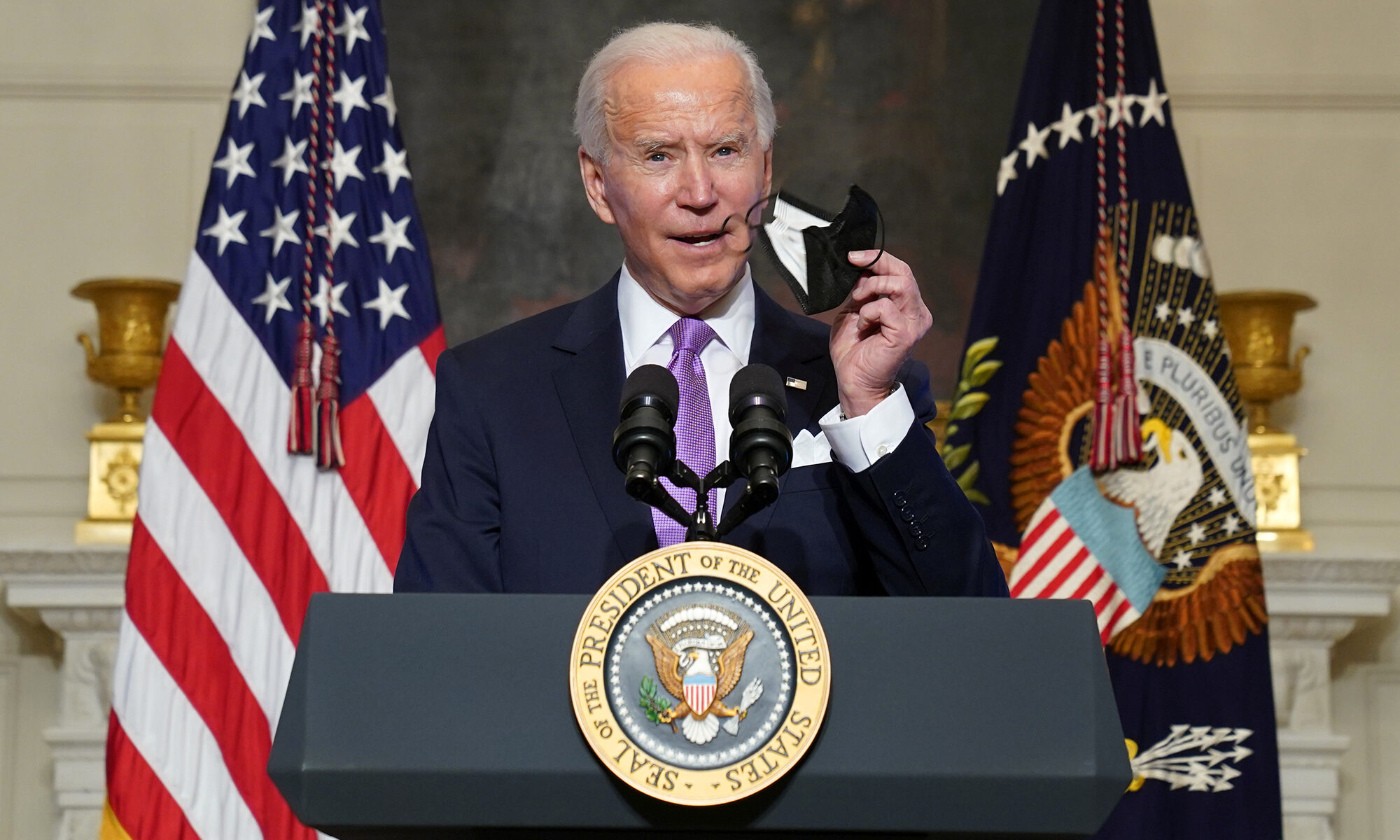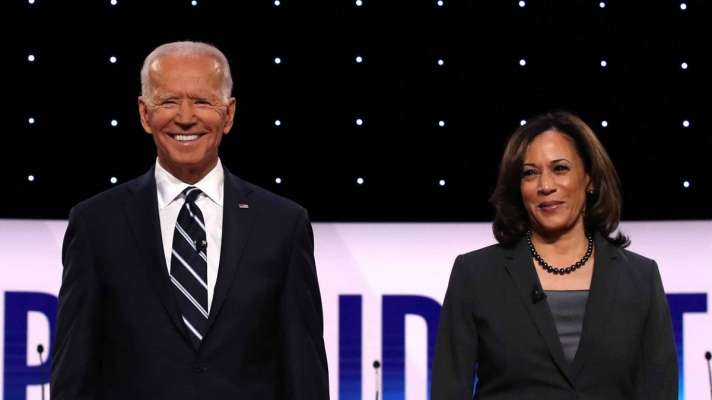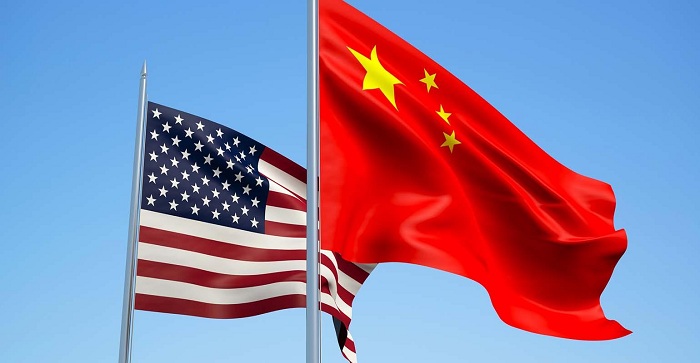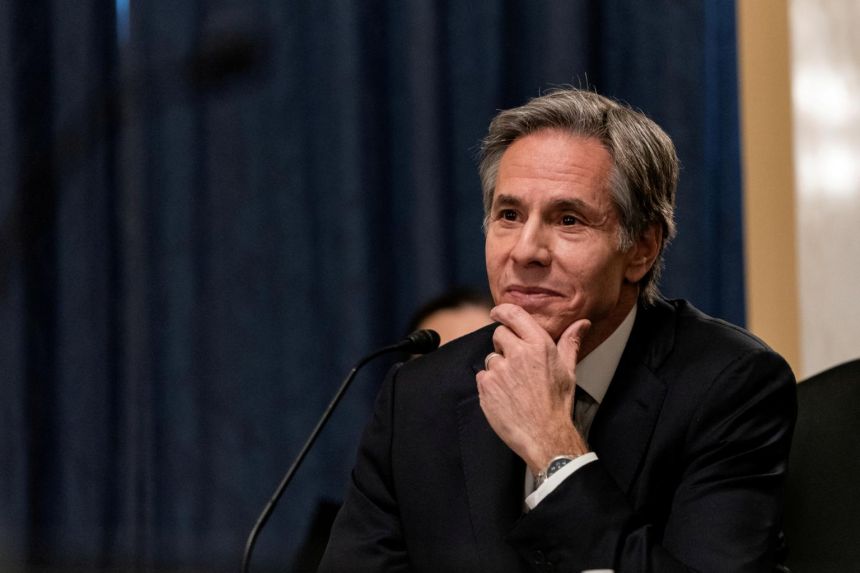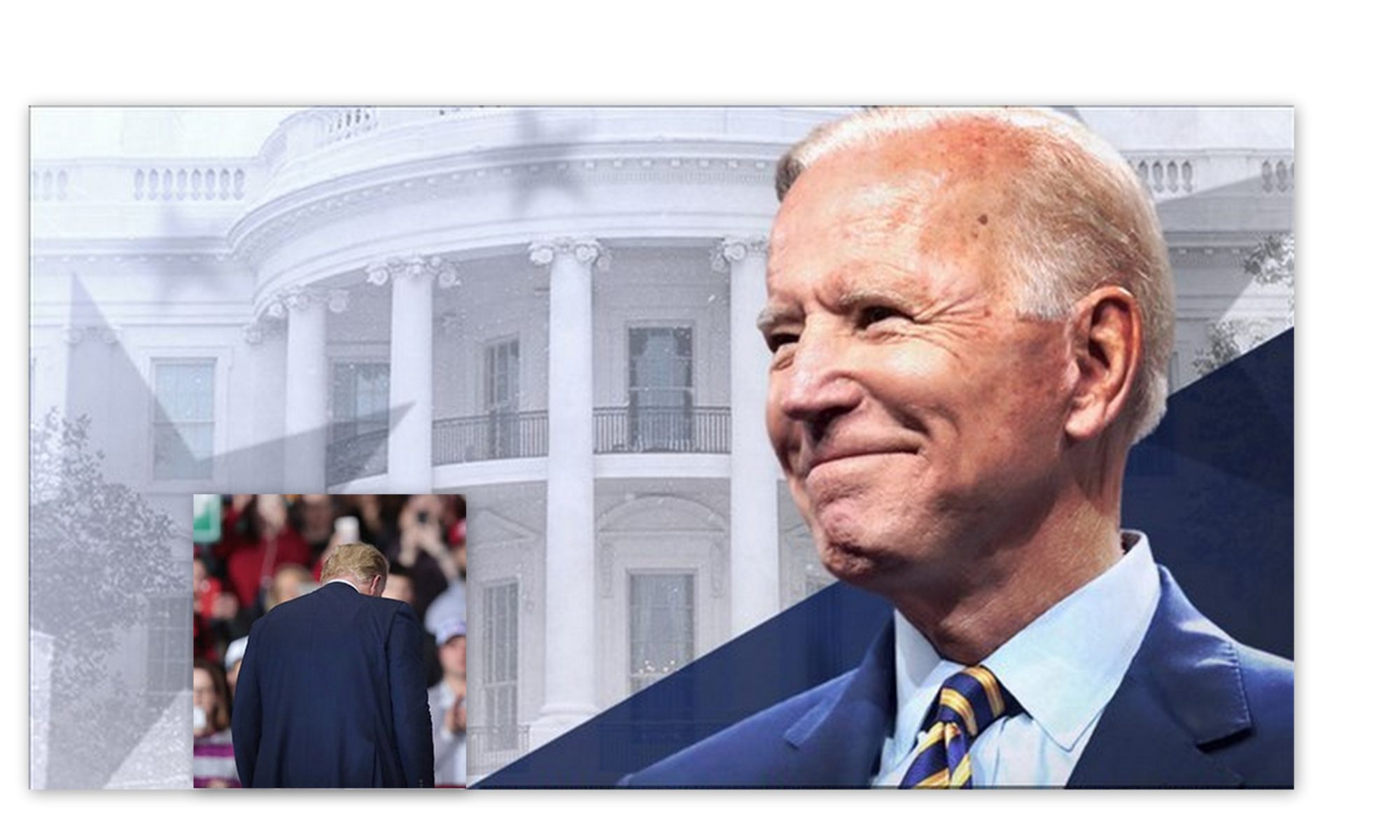On June 16, the 18th century Swiss Villa in Geneva witnessed a very crucial meeting, which is particularly important in matters related to global balance of power. US president Joe Biden and Russian President Vladimir Putin met for the first time in a summit in the Lakeside Villa de la Grange.
During their summit in Geneva Biden told Putin that his agenda “is not against Russia” but that the United States will always speak out on human rights.
The case of Russian dissident Alexei Navalny and two “wrongly imprisoned” Americans held in Russia was also raised by the US president during his meeting with Putin. Prior to the summit, the issue of poisoning and imprisonment of Alexei Navalny was indeed speculated to be on the agenda. Meanwhile, Russia stressed the issue to be an internal matter. During the summit, Putin deflected questions about treatment of dissidents in Russia.
The meeting was described as a professional one rather than a personal one.
Biden underscored that he had told Putin that the countries need to have some basic rules of the road that all can abide by. Putin termed his relationship with Biden “pragmatic”. Following their conversation in Geneva, Putin also praised the American president’s values during a news conference. The Russian President described Biden as a very constructive, balanced, and experienced partner. Putin also appreciated that he and the POTUS “spoke the same language”.
Body language analysts said that the pictures of the handshake and the meeting showed that Putin wants to be in the global attention during the summit.
Also Read: Trends in Foreign Policy of post-Cold-War US -where Joe Biden might fit in
It was the first time that the Russian president has travelled outside Russia, in his trip to Geneva, Switzerland. This trip came after more than a year in response to Covid19-pandemic.
The meeting occurred at a time when both countries consider the US-Russia relations to be at all-time low. The location of the summit is a reminder of the cold-war era 1985 meeting of Ronald Reagan and Mikhail Gorbachev. That the US-Russia relations are an all-time low is evinced by the fact that neither of the countries has an ambassador in-country. In this regard, Biden & Putin have agreed to return their ambassadors to their respective posts in Washington and Moscow.
Also Read: Helsinki talks between US and Russia provide the hope to reboot the New START treaty in nuclear arms control
The expectations out of this meeting were limited and regarding making limited tangible progress. But, there were certain pleasant surprises that came out of the summit. After the meeting, US president said that he had a “positive” tone during the meeting, while asserting that US is not against Russia. While on the other hand, Putin described his talks with Biden as “quite constructive”. Biden had earlier stated that he would work with Putin to sort out what lies in the mutual interests of both the countries, while an US official had earlier stated that big deliverables cannot be expected out of this meeting. The outcome of the talks was expected to be interesting given that Biden had earlier called Vladimir Putin “a killer”, and that he was told that “Putin without soul”.
The meeting has been seen as a test of wills, leadership, diplomatic skills, and mettle to manage the international relations between the two former cold war belligerents. Both of the leaders have years of experience in handling diplomacy, global relations and participation of the respective countries on international platforms and alliances. Hence, this summit is especially important as the relations between US and Russia are at an all-time low since the end of cold war & fall of USSR.
Biden’s analysts had earlier cautioned him against falling into the trap of resetting the relations during this summit. This trap had allegedly caught hold of the previous US presidents. But, Joe Biden has been reportedly staying clear of the ‘trap of reset’, with decades of experience to back him up.
Also Read: The plausible link between Abraham accords and the Afghanistan peace process
Though there has been refusal about resetting of ties, especially after the discovery of Russian links behind meddling in US election, it is expected that there might be a diplomatic truce in the lengthy diplomatic war.
The US-Russia summit came at the tail-end of Joe Biden’s first foreign trip as US president, where he met world leaders at G7 summit and NATO meet.
A multitude of things were present on the platter of agenda for the talks during the summit meeting between the two Presidents. Prominent among them were the issues of Russian meddling in US election and the cyber-attacks allegedly originating in Russia. In this regard, Biden asked Putin about the Ransomware cyber-attacks. US has many concerns regarding Russia that were expected to be discussed in the meeting, which include apprehensions related to human rights in Russia. The summit also touched upon the issue of arms control, on which there is a possibility of a follow-up meeting.
Also Read: Russia-China Relations- Shanghai Cooperation Organization-implications for India in current times
US was also expected to ask Russia to not close the only corridor of entry into Syria through Turkey. That entry point at Bab-al Hawa leads into North-West Syria, bringing UN aid to an almost starved population. After the Crimean annexation, Russia has turned into thorn of eyes for most western powers, especially US. In this regard, the idea of Ukraine joining into NATO is bothering Russia, which might have shown up during the summit. It is worthwhile to note that well before the summit began, Ukraine had rejected to use any recommendations coming out of the US-Russia meet. The country, a former constituent republic under USSR, is currently at war with Russia-backed separatists.
Given their differences on various global issues, US and Russia have shared barbs and criticisms. In this regard, Biden has earlier reportedly recognised Putin as bright, tough and a worthy adversary, which is surprising. Meanwhile, in a manner of charm offensive, Russian TV had reportedly praised the elderly Biden for making it down the stairs of his plane without falling down. Apart from that, well before the summit, Russia has included US in its official list of “unfriendly states”, in a show of distrust.
Also Read: Evolution of the US–Syria relations-from Reagan years to Biden year-where is it headed
Prior to the summit, Putin’s foreign affairs adviser, Yuri Ushakov had suggested that there was not much ground for optimism. Dmitry Peskov, a Kremlin Spokesperson had earlier stated that the talks would be very difficult. On American side, an official stated that there would be no breaking of breads, meaning that there would be no official meals between the two leaders. But, the outcome of the summit can be considered as a step forward in the right direction, as perceived from the responses of Biden and Putin.


